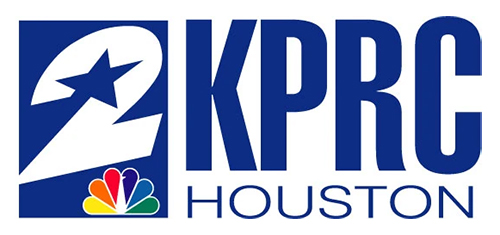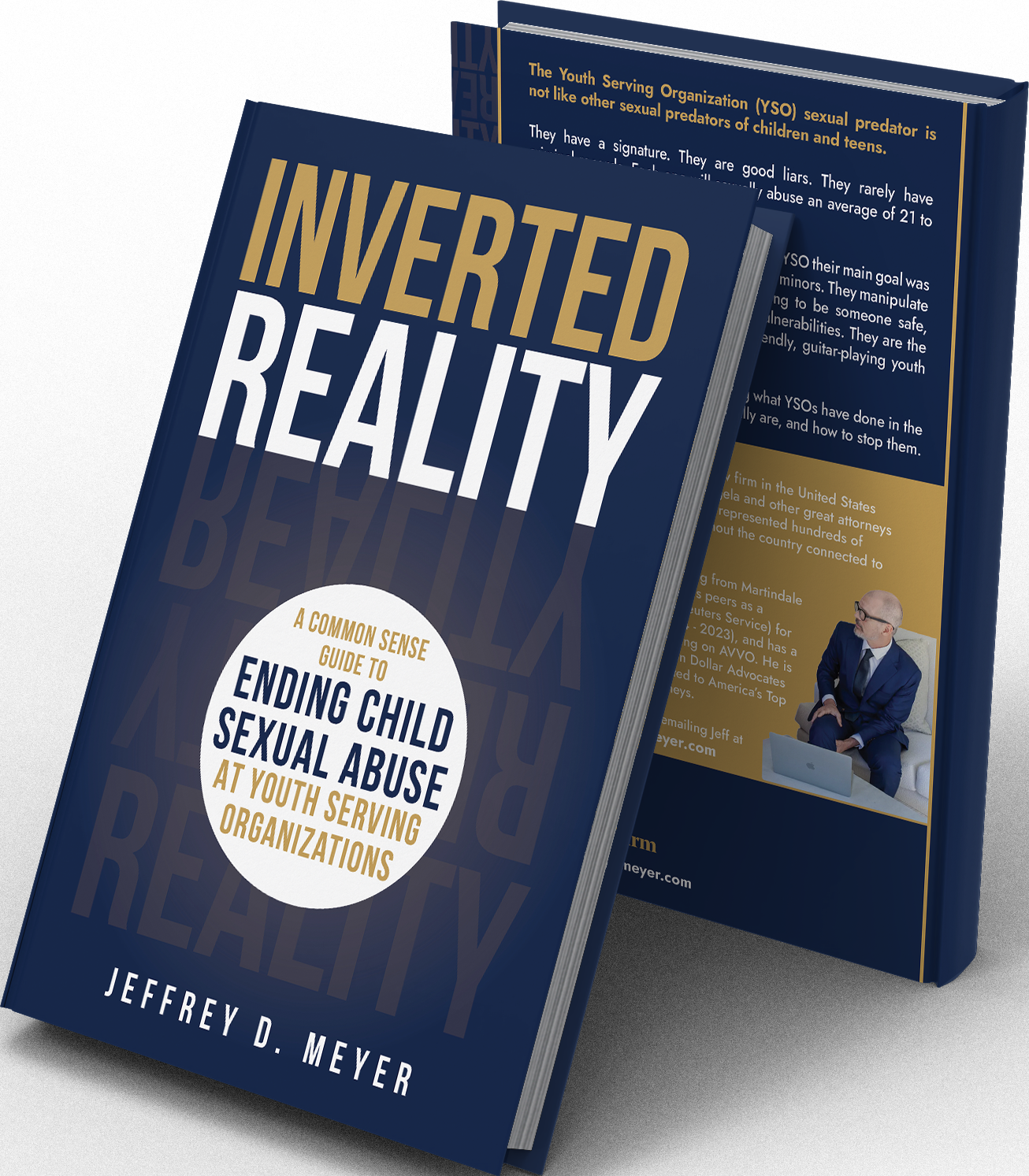Home » Rideshare Sexual Assault Attorney
Rideshare Sexual Assault: Standing Up for Survivors and Demanding Change
At Meyer Law Group, we understand the profound violation and trauma caused by sexual assault in rideshare services like Uber and Lyft. While these incidents can affect anyone, they disproportionately impact women traveling alone. As fierce advocates for survivors, we're committed to fighting for justice, holding both perpetrators and negligent companies accountable, and pushing for industry-wide changes to prevent future assaults. This guide provides essential information for survivors and their supporters.

The lawyers in this photo may not be licensed in all jurisdictions where services are provided. Please refer to our About page for a complete list of lawyers and jurisdictions admitted.
The Next Step Can Be A Small One
1. The Reality of Sexual Assault in Rideshare Services
Sexual assault in rideshare contexts can take many forms, including:
- Inappropriate touching or groping
- Sexual comments or harassment
- Non-consensual sexual acts
- Attempted or completed rape
These assaults often occur when passengers are vulnerable:
- Traveling alone, especially at night
- Under the influence of alcohol
- In unfamiliar areas
- Relying on the driver for safe transportation
2. Understanding the Scope of the Problem
While rideshare companies have implemented safety measures, sexual assaults remain a significant issue:
- Negligent Hiring Practices: There have been multiple claims that Uber and Lyft did not conduct thorough background checks on their drivers, allowing individuals with violent histories to drive for the platforms. Plaintiffs argue that the background checks are insufficient and have missed critical details that could have prevented assaults.
- Inadequate Safety Measures: Another central concern is that Uber and Lyft have not implemented enough safety features to protect passengers. This includes accusations that the companies failed to install in-car cameras, which could deter assaults or provide crucial evidence after an incident. Plaintiffs also contend that existing safety features, like emergency buttons and ride-sharing options, are not enough to prevent assaults.
- Failure to Respond to Complaints: Many lawsuits allege that Uber and Lyft did not adequately address complaints of sexual assault when reported. This includes claims that the companies did not remove drivers from the platform after complaints were made, allowing them to continue driving and potentially assault other passengers.
3. The Unique Challenges of Rideshare Assault Cases
Sexual assault cases involving rideshare services present distinct challenges:
- Independent Contractor Status: Uber and Lyft often defend against these claims by emphasizing that their drivers are independent contractors, not employees. This legal distinction is crucial as it limits the companies’ liability for the actions of their drivers.
- Legal and Procedural Protections: The companies have also pushed back against the consolidation of cases into class-action lawsuits, arguing that each case is unique and should be treated individually. This tactic aims to limit their exposure to large settlements that could arise from class actions.
4. Recognizing the Impact on Survivors
The effects of sexual assault in a rideshare context can be particularly traumatic:
- Violation of trust in a service meant to provide safe transportation
- Post-traumatic stress disorder (PTSD) and anxiety
- Fear of using transportation services or traveling alone
- Feelings of shame, self-blame, and isolation
5. Legal Rights and the Power of Action
As advocates for survivors of rideshare sexual assault, we fight to protect your rights:
- Safety Features as a Defense: Uber and Lyft often defend themselves by pointing to the safety features built into their apps, such as real-time GPS tracking, emergency buttons, and the ability to share trip details with trusted contacts. They also highlight ongoing safety improvements, like continuous background checks and collaborations with safety organizations.
We’re committed to navigating the complex legal landscape of rideshare liability to pursue justice for our clients.
6. Understanding Liability in Rideshare Assault Cases
Liability in these cases can extend to multiple parties:
- The individual driver who committed the assault
- The rideshare company for potential negligence in screening or responding to complaints
- Third parties who may have contributed to unsafe conditions
Our experienced attorneys work to hold all responsible parties accountable.
7. The Importance of Rideshare Safety Measures
Prevention is crucial in combating sexual assault in rideshare services. Key measures include:
- Thorough background checks for drivers
- In-app safety features like emergency buttons and trip sharing
- Clear and accessible reporting mechanisms
- Ongoing safety training for drivers
We advocate for stronger safety measures across all rideshare platforms.
8. Overcoming Shame and Self-Blame
Survivors of rideshare sexual assault often struggle with feelings of shame or self-blame, especially if they were intoxicated or traveling late at night. We provide compassionate support, helping survivors understand that the assault was not their fault and that they have the right to safe transportation under any circumstances.
9. Preserving Evidence and Reporting
In rideshare assault cases, preserving evidence is crucial. We guide survivors on how to:
- Document the details of the ride and assault
- Preserve any physical evidence
- Report the incident to both the rideshare company and law enforcement
- Seek appropriate medical care and forensic examination
10. Supporting Survivors and Families
We’re dedicated to connecting survivors and their families with crucial support:
- Specialized counseling for sexual assault survivors
- Support groups and advocacy organizations
- Resources for navigating the aftermath of assault
11. The Value of Experienced Legal Counsel
An attorney experienced in rideshare sexual assault cases can provide:
- Understanding of the complex liability issues in rideshare cases
- Strategies for holding both individual perpetrators and companies accountable
- Guidance on preserving privacy during legal proceedings
- Support in navigating both criminal and civil legal processes
12. Taking a Stand: The Power of Your Action
By taking action against rideshare sexual assault, you’re not just seeking personal justice – you’re helping to make transportation safer for everyone. Your courage can:
- Hold perpetrators accountable and prevent them from harming others
- Force rideshare companies to implement stronger safety measures
- Raise awareness about the realities of sexual assault in rideshare services
- Empower other survivors to come forward
Remember: You are not alone in this fight. We stand with you, ready to advocate fiercely on your behalf.
Frequently Asked Questions
Get answers to some commonly asked questions and learn what’s involved with taking the next step.
While exact numbers are difficult to determine due to underreporting, both Uber and Lyft have acknowledged thousands of sexual assault reports annually. The problem can properly be described as a hidden epidemic.
Yes, in many cases rideshare companies can be held liable, particularly if they were negligent in their driver screening processes or in responding to previous complaints about a driver. However, these cases can be complex due to the independent contractor status of most drivers, which the companies often use as a defense to limit their liability.
First, ensure your immediate safety. If possible, get to a safe location and call 911. Preserve any physical evidence and don’t shower if a forensic exam might be needed. Report the incident to the rideshare company through their app and to local law enforcement. Then, consider reaching out to a sexual assault support hotline or an experienced attorney for guidance.
The statute of limitations varies by state and can be complex in sexual assault cases. It’s best to consult with an attorney as soon as possible to understand the timeframes that apply to your situation. Some states have extended the statute of limitations for sexual assault cases in recent years.
Many rideshare apps now include features like emergency buttons, trip sharing with friends, and driver information sharing. While these can be helpful, their effectiveness depends on proper use and timely response. We advocate for continual improvement of these features and their integration with local emergency services.
Rideshare cases often involve questions of corporate liability in addition to individual criminal liability. They also involve complex issues of safety regulations in the gig economy. The semi-private nature of rideshare vehicles can present unique challenges in terms of evidence gathering, further complicated by the companies’ defense strategies such as the independent contractor status of drivers and their resistance to class-action consolidations.
We advocate for more rigorous background checks, ongoing monitoring of drivers, improved response systems to passenger complaints, better cooperation with law enforcement, and industry-wide commitment to passenger safety over profits.
In many cases, it’s possible to file a lawsuit under a pseudonym to protect your privacy. We can discuss options for maintaining your anonymity while pursuing justice.
You Can Place Your Trust In Us





Feeling Helpless or Overwhelmed?
Remember, at Meyer Law Group, we’re here to support you every step of the way. Your courage in seeking justice can not only bring personal healing but also contribute to making rideshare services safer for everyone.
Ready to take a stand against sexual assault in rideshare services? Contact Meyer Law Group for a confidential consultation. Our experienced attorneys are committed to fighting tirelessly for survivors and holding both perpetrators and negligent companies accountable. Together, we can work towards safer transportation for all.
Featured In






What Former Clients Have To Say

Read Inverted Reality
A lot of Youth Serving Organizations are doing it wrong.
Do you want to deeply understand how schools, religious organizations and other youth serving organizations may be found negligent for not instituting or following proper sexual abuse prevention policies?
Do you want to know how to stop sexual abuse from starting at youth serving organizations?



